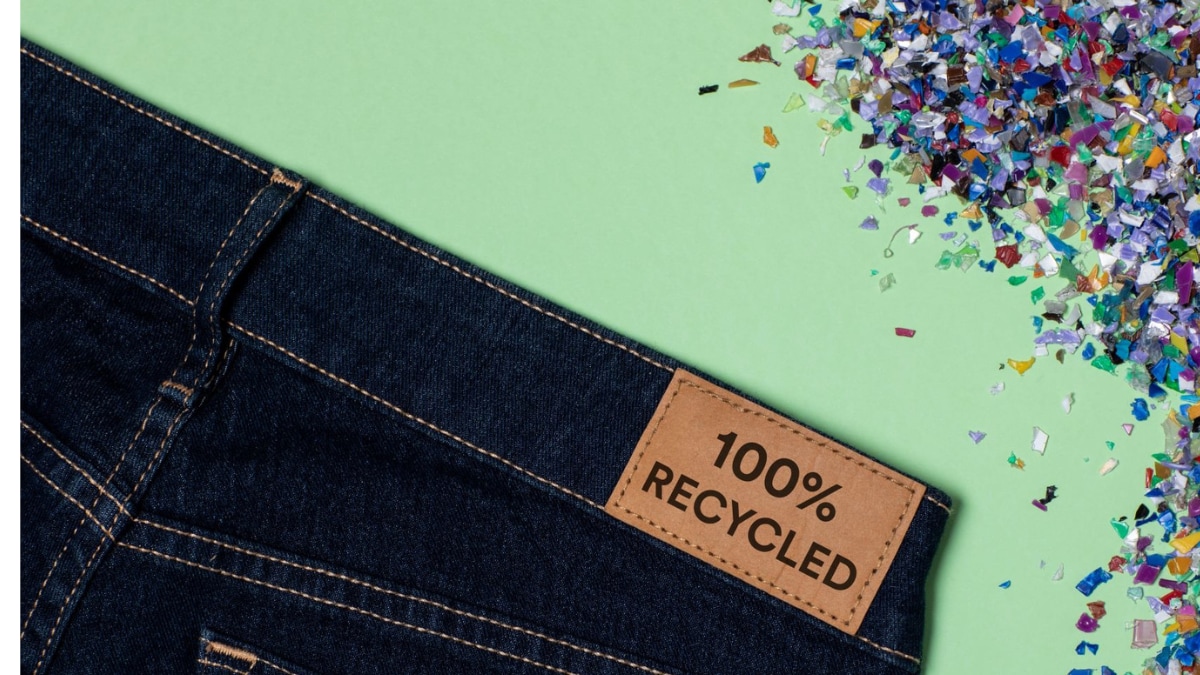From Waste to Wardrobe: PET Bottles Transforming into Fashionable Clothing

PET bottles embark on an incredible journey when they are collected for recycling.
World Environment Day: For the unversed, the fashion industry is stepping up by transforming discarded PET bottles into stylish clothing
What do you think happens when you throw away your plastic PET bottle after drinking your favourite aerated drink.? It goes to the waste pile up that has been building up since mankind first stepped on this earth.
For the unversed, the fashion industry is stepping up by transforming discarded PET bottles into stylish clothing. This eco-friendly trend merges environmental responsibility with cutting-edge fashion, creating a sustainable solution to reduce plastic pollution. Senthil Sankar, Founder, Ecoline Clothing takes us through the entire process:
- The Rise of Recycled PET
“Polyethylene terephthalate (PET) bottles, once destined for landfills or oceans, are finding a new purpose through recycling. With advancements in technology, PET bottles can now be processed and transformed into recycled PET, known as rPET. This recycled material serves as a sustainable alternative to traditional fabrics, reducing the industry’s reliance on virgin materials,” adds Sankar. - The Recycling Process
PET bottles embark on a beautiful journey when they are first collected for recycling. “After thorough sorting and cleaning, the bottles are shredded into tiny flakes. These flakes are then melted and transformed into a polyester-like fiber. The resulting rPET fiber can be spun into yarn and woven into fabric. Through this innovative process, waste is diverted from landfills, and the lifecycle of plastic is extended, ultimately reducing its environmental impact,” states Sankar. - Sustainable Style and Versatility
Recycled PET fabric offers a myriad of possibilities for fashion designers. Sankar opines, “It can be blended with other eco-friendly materials like organic cotton or used solely to create garments of exceptional quality. From trendy activewear to chic dresses and comfortable t-shirts, rPET fabrics are versatile and adaptable. Sustainable style is no longer a compromise; it’s a fashion statement that combines aesthetics with environmental responsibility.” - Fashion Forward Brands
Leading fashion brands are embracing the recycled PET revolution, incorporating it into their collections. These forward-thinking companies are committed to sustainability and are driving change in the industry. By utilizing rPET fabrics, they not only reduce their carbon footprint but also inspire consumers to make more conscious choices. This movement proves that fashion can be both ethically produced and stylish, encouraging others to follow suit. - Environmental Impact and Benefits
The conversion of PET bottles into fashionable clothing yields significant environmental benefits. By recycling PET bottles, we conserve natural resources, reduce energy consumption, and decrease greenhouse gas emissions. Additionally, this process helps combat plastic pollution by diverting plastic waste from landfills and oceans. Choosing clothing made from recycled PET contributes to a circular economy, where waste is transformed into valuable resources, promoting sustainability on a global scale.
The journey of PET bottles from waste to wardrobe is an inspiring testament to the fashion industry’s commitment to sustainability. By embracing recycled PET fabrics, we can reduce plastic waste, conserve resources, and make a bold fashion statement. Together, we can shape a more eco-conscious future where style and environmental responsibility go hand in hand.
For all the latest lifestyle News Click Here


